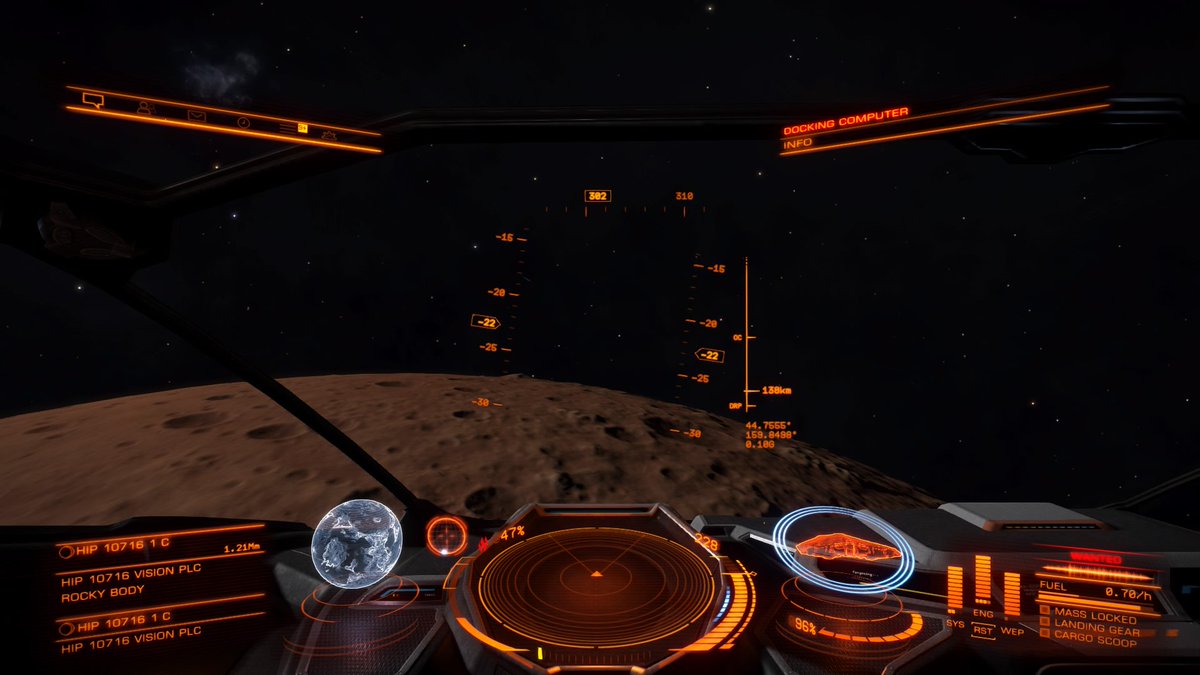
They emphasize cooperation as the key to the good society. Hierarchy, and who believe that everyone should be accorded the same opportunity and respect in the political, economic, legal, and personal realms of life. Egalitarians, on the other hand, are those who want to minimize arbitrary authority and More recently, they resisted feminism, racial integration, and the extension of civil liberties and democratic rights to everyone. In the nineteenth century, they wanted to restrict the vote to property owners. Down through the centuries they have believed in male superiority, racial superiority, and the need for kingships and nobilities to control ordinary people. They emphasize competition and say it's a dog-eat-dog world.

Dominators think that there are inherent inequalities among individuals and groups that justifiably lead to extreme hierarchy and social stratification. 202).įrom the perspective of distributive power, there is a domination-egalitarianism dimension that is potentially present in all human interactions and social structures, with dominators at one end and egalitarians at the other. Dahl, concludes his discussion of the concept by noting that definitions usually rest on the "intuitive idea" that "A has power over B to the extent that he can get B to do something that B would not otherwise do" (Dahl, 1957, p. In a similar vein, an American political scientist who has written extensively on power and democracy, Robert A. It is captured in a definition of power highly favored by sociologists, first provided by one of the founding figures of sociology, Max Weber, who wrote that "we understand by 'power' the chance of a man or a number of men to realize their own will in a social action even against the resistance of others who are participating in the action" (Weber, 1998 Wrong, 1995, p. It is what makes possible the existence of distributive power: if the group didn't have the collective power to grow and produce, there wouldn't be anything worth fighting over.ĭistributive power, then, is about who has power over who and what. It's an essential form of power, but it is often taken for granted, and not talked about very much. Collective power concerns the capacity of a group to realize its common goals it is the combination of organization, cooperation, morale, and technology that allows one group or nation to grow and prosper while another one falters. Russell's definition allows for the two kinds of power noted by social scientists, collective power and distributive power. Wrong added the words "intended and foreseen" to rule out accidental success as a manifestation of power. The usefulness of this definition is shown by the fact that a sociologist who surveyed every major discussion of power before and after Russell wrote still ended up with Russell's definition, slightly altered: " Power is the capacity of some persons to produce intended and foreseen effects on others" (Wrong, 1995, p. It is very simple, but very profound: " power is the ability to produce intended effects" (Russell, 1938). A good starting point is provided by one of the great philosophers of the 20th century, Bertrand Russell. In order to study power systematically, we need a basic definition.

It's the dimension that leads to bullies, rival gangs, enforced cooperation, hierarchy, ruling elites, ruling classes, and wars among rival nation-states. It is only one of several universal dimensions in the human experience, along with love, cooperation, esthetics, and intellectual curiosity, but it's the one that plays the lead role in all the problems discussed on this web site. It is one of the basic dimensions of all human experience, whether at the interpersonal, group, or societal level.

"Power" is about being able to realize wishes, to produce the effects you want to produce. If I'm in a wing I can circle the planet once then come in and land if someone is already there, but when playing solo and no friends are on I'm forced to circle in frustration until I find it.Basics of Studying Power by G. Settlements can be marked and then land on them? I don't have to circle the planet forever trying to find where to land. I shouldn't have to waste 30-45 minutes just trying to FIND where I need to land. and honestly it makes me just want to quit the game. This is a game where they have FTL travel and yet we dont have the tech to place an exact map marker on the face of a planet? That's just ♥♥♥♥♥♥♥♥.
Point to point measure elite dangerous how to#
Yes I know the coordinates, Yes I know how to find the crater and come in on the apporach angle to put you there, but I have to circle the planet 15 ♥♥♥♥♥♥♥ times to find it, usually because its in the dark and you have to get close enough for it to become visible. Is this real life? You know how FRUSTRATING it is to find the alien ruins on the first planet each time without being able to place a map marker on the exact location?


 0 kommentar(er)
0 kommentar(er)
